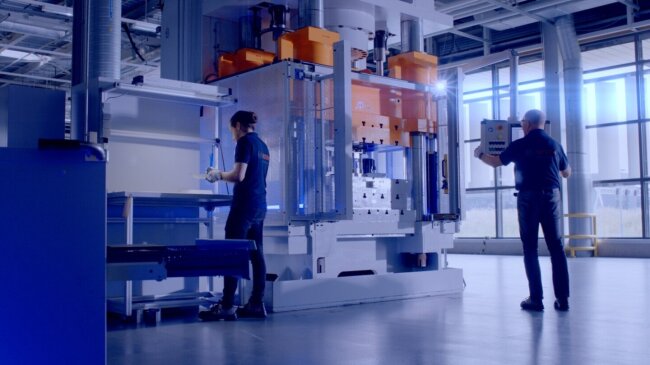A new study by Roland Berger, commissioned by CLEPA, the European association of automotive suppliers, highlights that European suppliers face a cost disadvantage of 15-35%, mainly driven by high energy and labour costs, regulatory burdens, and fragmented frameworks. Meanwhile, countries such as China, and the US combine industrial support measures with protective mechanisms, creating structural disadvantages and unfair competition.
According to the study, without urgent EU action, up to 23% of European value add is at risk by 2030 through the combined effect of powertrain transition and value transfer outside the EU. In practice, Europe could see the loss of up to 350,000 jobs, eroding both employment and the industry’s wider social contributions.
“Europe is in a decisive battle for its industrial sovereignty,” said Benjamin Krieger, Secretary General at CLEPA. “Suppliers are committed to invest and innovate, but they cannot do so on an uneven playing field. Maintaining a competitive and resilient automotive ecosystem in the EU will require urgent, market-driven action by industry and targeted policy measures, to strengthen Europe’s attractiveness as a location for manufacturing, R&D and investment. This includes addressing key location factors such as electricity prices and regulatory burden, while also considering policies to ensure EU local content in vehicles to retain know-how and production capacity.”
Suppliers employ 1.7 million people in Europe and invest €30 billion in R&D annually, are urging policymakers to:
- Swiftly address competitiveness challenges, evaluating options to reduce structural costs, and cutting red tape.
- Prioritise technology openness in decarbonisation in a swift revision of the regulation on CO2 standards for cars, vans and trucks.
- Start dialogue on measures to help maintain local manufacturing, R&D investment, and critical know-how in the region, protect local content in EU vehicles, and secure critical EU capacities in key components, not only batteries, semiconductors and software.
Europe should not afford to stand aside while competitors act decisively. The survival of Europe’s automotive supply chain – and the industries that depend on it – requires immediate and coordinated action. The choice is clear: either safeguard Europe’s industrial sovereignty today, or risk losing it tomorrow.


